On the 20th anniversary of the arrival of the first detainees at the U.S. prison in Cuba, Penn's Center for Ethics and the Rule of Law issued recommendations on how to close Guantánamo.


On the 20th anniversary of the arrival of the first detainees at the U.S. prison in Cuba, Penn's Center for Ethics and the Rule of Law issued recommendations on how to close Guantánamo.

APPC's Leonore Annenberg Institute for Civics and The Annenberg Foundation Trust at Sunnylands remember Justice Ruth Bader Ginsburg's contributions to civic education.
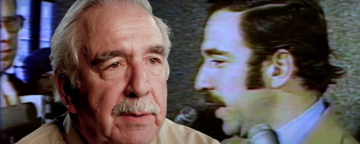
Annenberg Classroom has released a new film about the First Amendment right of the American people “to peaceably assemble,” the latest in its series of award-winning documentaries about the U.S. Constitution.
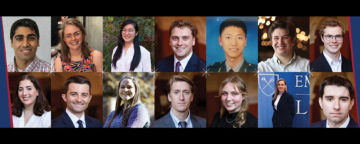
Election security and nuclear threat escalation were also among the challenges for CERL summer interns in the program for students interested in careers in national security.
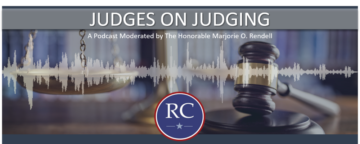
The Rendell Center for Civics and Civic Engagement has started a podcast series in which Judge Marjorie O. Rendell discusses cases and issues with other judges.
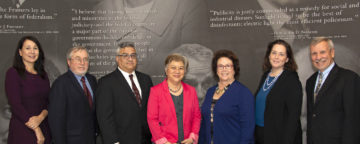
Federal judges and court staff from Maine to Guam met in New York to discuss civics education initiatives at the first national conference devoted to the subject.
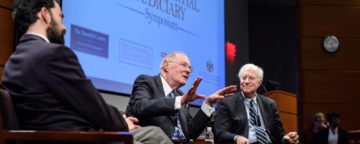
What is a "fair and impartial judiciary" and why is it so important today? Judges and scholars including Supreme Court Justice Anthony Kennedy met to explore this at a symposium sponsored by the Rendell Center and APPC.
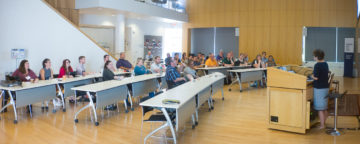
Teachers from 20 states gathered in Philadelphia to discuss the First Amendment at a summer institute sponsored by the Rendell Center for Civics and Civic Engagement.
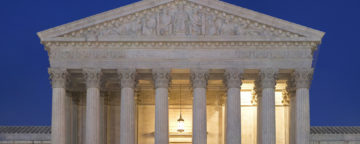
The annual Annenberg Constitution Day Civics Survey found that Americans are familiar with constitutional provisions on pardons and impeachment but know less about fundamentals like the three branches of government.
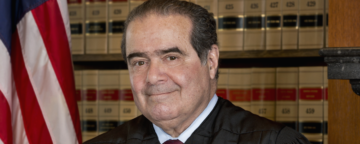
Supreme Court Justice Antonin Scalia was an originalist in his approach to the Constitution. In a 2008 video for Annenberg Classroom, he and Justice Stephen G. Breyer discussed theories of interpreting the Constitution.